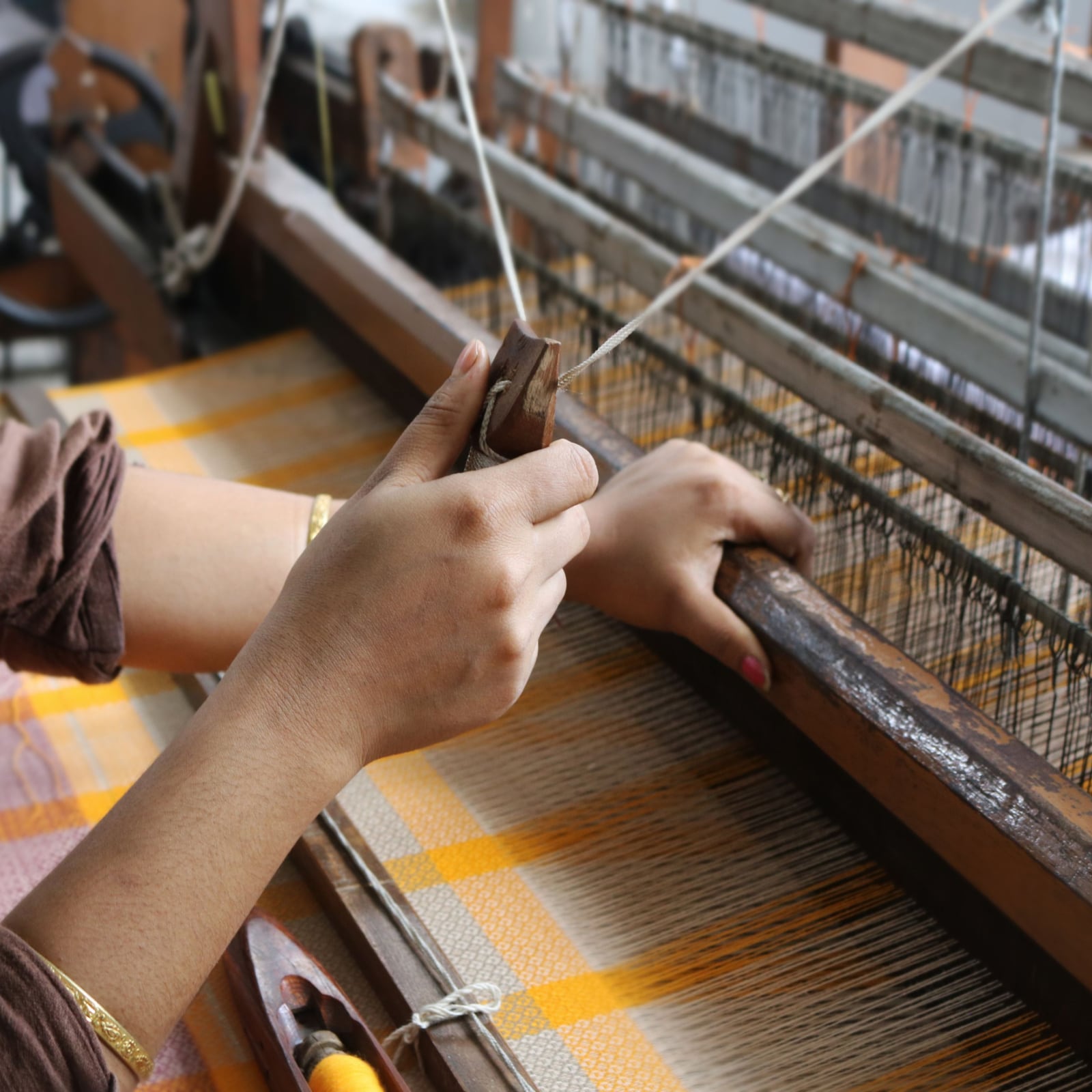National Handloom Day 2022: Every Indian was urged to spin their own yarn by using a simple ‘charkha’ and to proudly wear Khadi. (Representative image: Shutterstock)
National Handloom Day 2022: The day is marked to honour the handloom-weaving community of India and to highlight the contribution of the handloom sector to the socio-economic development of the country
National Handloom Day is observed on August 7 to commemorate the launch of the Swadeshi Movement in 1905. The day is marked to honour the handloom-weaving community of India and to highlight the contribution of the handloom sector to the socio-economic development of the country.
The day was given its designation in 2015 by the government of India and in the same year, the first National Handloom Day was inaugurated by Prime Minister Narendra Modi.
The Swadeshi Movement, which was most prominent in West Bengal but with echoes elsewhere too, sought to oppose British rule and encourage the ideas of self-help and self-reliance. The movement meant to boycott foreign goods and rely on Indian-made products, encouraged the indigenous industries, particularly the handloom weavers.

The Father of the Nation Mahatma Gandhi started the movement by using ‘khadi’ with the objective of promoting self-sustainability among the rural villages. He used this hand-spun fabric as a tool of passive resistance against British rule. Every Indian was urged to spin their own yarn by using a simple ‘charkha’ and to proudly wear Khadi.
India’s handloom sector represents our rich and varied cultural heritage. In the rural and semi-rural parts of the country, it is an important source of livelihood for many. The sector directly addresses women’s empowerment with over 70% of its total weavers and allied workers being female.
Handloom has natural roots and eco-friendly production processes which require minimal capital and power. It provides flexibility for innovation and meeting changes in fashion trends as per the fast-changing customer preferences. Some of the famous handloom fabrics from India include Tamil Nadu’s famous Kanchipuram saris, Assam’s Muga (golden silk) mekhela sadors, the Paithani weaves of Maharashtra and the Benarasi brocades of Uttar Pradesh.
The government reaffirms its resolve to protect the handloom heritage through this day. The National Handloom Day is also aimed to empower the handloom weavers and workers financially and to instil pride in their exquisite craftsmanship.
Read the Latest News and Breaking News here
























